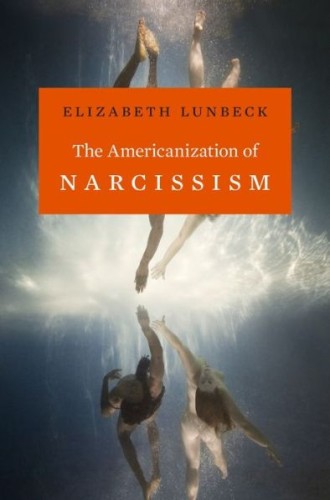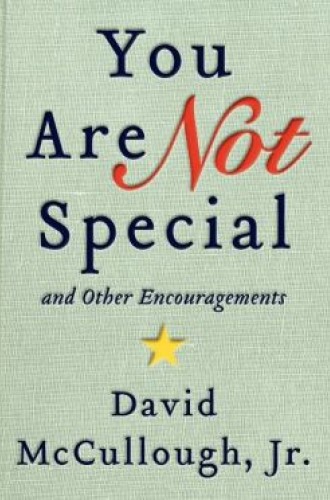Narcissism is normal
"The question of whether we once again find ourselves in an age of narcissism,” Elizabeth Lunbeck observes, “has recently captured public attention.” As if on cue, David McCullough Jr. warns of the “swelling narcissism” besetting kids these days. His book is the expanded edition of a commencement address he gave in 2012 at Wellesley High School in Massachusetts, where he teaches English. “You are not special,” he managed to say, in varying wry ways, nine times in a 12-minute address. The video went viral; McCullough inked a book deal; and Lunbeck no doubt looks on with bemusement.
So does McCullough, one senses. Drolly teasing, gently beseeching—a dead ringer in style and voice for NBC’s Brian Williams—McCullough exudes affection for his students and enthusiasm for his calling. If he’s crotchety, he’s crotchety-cool. Having taught for 26 years and fathered four children, he’s lived some history (and as the son of the historian David McCullough, has presumably read some, too).
Circled up daily with his students, he finds that many “are suffering from (or rather enjoying) inflated notions of themselves and regard every opportunity as theirs for the asking, every accolade their due.” These young people “feel neither indulged nor directed nor dependent. Nor, for that matter, fretful, naive, self-absorbed, or soft. What they feel is perfectly normal.” He directs the brunt of his charge not at the students but at their parents, whose way of life and manner of child-rearing have taught kids that “me, me, me is the refrain” they should sing.







